Search
Did you mean: Proclus?
Search Results
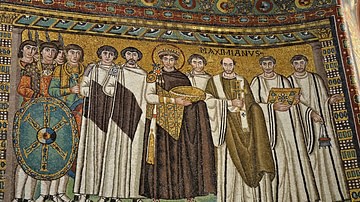
Article
Procopius on the Plague of Justinian: Text & Commentary
The Plague of Justinian (541-542 CE and onwards) is the first fully documented case of bubonic plague in history. It is named for the emperor of the Byzantine Empire at the time, Justinian I (r. 527-565 CE) and recorded by his court historian...
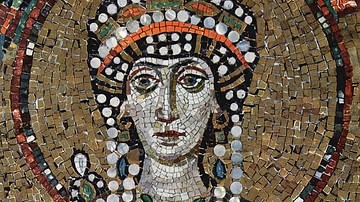
Definition
Empress Theodora
Theodora reigned as empress of the Byzantine Empire alongside her husband, Emperor Justinian I, from 527 CE until her death in 548 CE. Rising from a humble background and overcoming the prejudices of her somewhat disreputable early career...
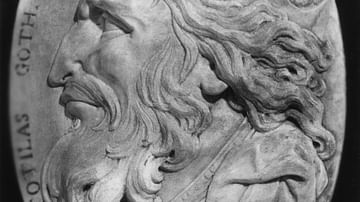
Definition
Totila
Totila (birth name, Baduila-Badua r. 541-552 CE) was the last great king of the Ostrogoths in Italy. He was the nephew of the Gothic king Ildibad who was succeeded by Eraric the Rugian (d. 541 CE). The Goths of Italy felt that Eraric was...

Article
Plagues of the Near East 562-1486 CE
Disease has been a part of the human condition since the beginning of recorded history – and no doubt earlier – decimating populations and causing widespread social upheaval. Among the worst infections recorded is the plague which is fairly...
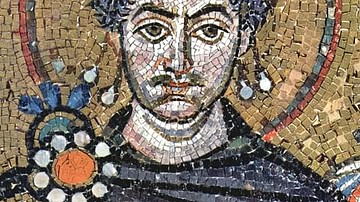
Definition
Justinian I
Justinian I reigned as emperor of the Byzantine Empire from 527 to 565 CE. Born around 482 CE in Tauresium, a village in Illyria, his uncle Emperor Justin I was an imperial bodyguard who reached the throne on the death of Anastasius in 518...

Definition
Athanaric
Athanaric (died c. 381 CE) was a king of the Thervingi Goths (better known as the Visigoths) and, according to some sources, the first and greatest king. He was of the noble Balts family of the Thervingi tribe and a relative of the later...

Article
Justinian's Plague (541-542 CE)
During the reign of the emperor Justinian I (527-565 CE), one of the worst outbreaks of the plague took place, claiming the lives of millions of people. The plague arrived in Constantinople in 542 CE, almost a year after the disease first...
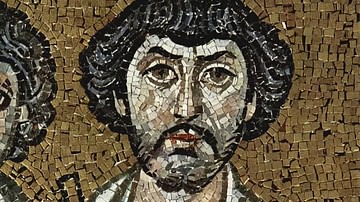
Definition
Belisarius
Flavius Belisarius (l. 505-565 CE) was born in Illyria (the western part of the Balkan Peninsula) to poor parents and rose to become one of the greatest generals, if not the greatest, of the Byzantine Empire. Belisarius is listed among the...
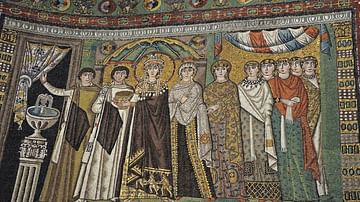
Article
Theodora: A True Heroine?
Was Theodora I, the wife of Emperor Justinian of Byzantium (reigned 527 - 565 CE), a heroine? The historian Treadgold calls her a protectress of women, as she used her influence to help them gain rights. She is also seen in popular legend...

Article
Plague in the Ancient & Medieval World
The word 'plague', in defining a lethal epidemic, was coined by the physician Galen (l. 130-210 CE) who lived through the Antonine Plague (165 - c. 180/190 CE) but the disease was recorded long before in relating the affliction of the Plague...